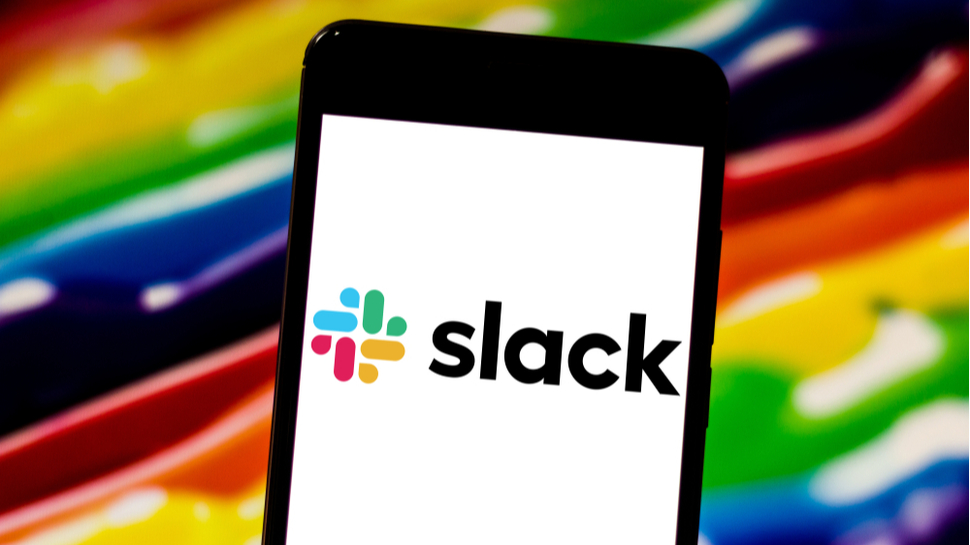Salesforce confirms multi-billion dollar Slack takeover
Acquisition values Slack at around $27.7 billion

Sign up for breaking news, reviews, opinion, top tech deals, and more.
You are now subscribed
Your newsletter sign-up was successful
Salesforce has announced that a definitive agreement is now in place for the acquisition of enterprise communication tool Slack. The confirmation brings speculation around the much-talked-about purchase to an end.
The acquisition will take place via a mixture of cash and shares, with Slack shareholders receiving $26.79 in cash and 0.0776 shares of Salesforce common stock for each Slack share they hold.
Collectively, the deal values Slack at around $27.7 billion, based on the value of Salesforce’s shares when the markets closed on November 30.
- Have a look at the best collaboration software
- We've highlighted the best video conferencing software available
- Check out the best business webcams around today
"Stewart [Butterfield, Slack CEO,] and his team have built one of the most beloved platforms in enterprise software history, with an incredible ecosystem around it,” said Marc Benioff, Chair and CEO at Salesforce.
“This is a match made in heaven. Together, Salesforce and Slack will shape the future of enterprise software and transform the way everyone works in the all-digital, work-from-anywhere world. I’m thrilled to welcome Slack to the Salesforce Ohana once the transaction closes.”
Working together
The Slack acquisition has been something of a long-held ambition for Benioff, with reports indicating that the Salesforce CEO was interested in buying the firm before its IPO last year. Ultimately, Benioff decided that the company was too pricey at the time but now seems convinced that there is value to be had.
The combination of Salesforce and Slack is likely to prove mutually beneficial for the two firms. Slack will be deeply integrated within Salesforce’s cloud ecosystem, acting as the new interface for Salesforce Customer 360. Slack will also gain a much greater industry footprint as a result of the deal. Together, the two firms plan to create the largest open ecosystem of apps and workflows for businesses.
Sign up to the TechRadar Pro newsletter to get all the top news, opinion, features and guidance your business needs to succeed!
It’s likely that the coronavirus pandemic has played a significant role in Salesforce’s decision to acquire Slack now. Although Slack has not had the best of years, finding its market share squeezed by the likes of Microsoft Teams, the widespread shift to remote working means the future still looks bright for the enterprise collaboration space.
- We've also highlighted the best office chairs on the market
Barclay has been writing about technology for a decade, starting out as a freelancer with ITProPortal covering everything from London’s start-up scene to comparisons of the best cloud storage services. After that, he spent some time as the managing editor of an online outlet focusing on cloud computing, furthering his interest in virtualization, Big Data, and the Internet of Things.
